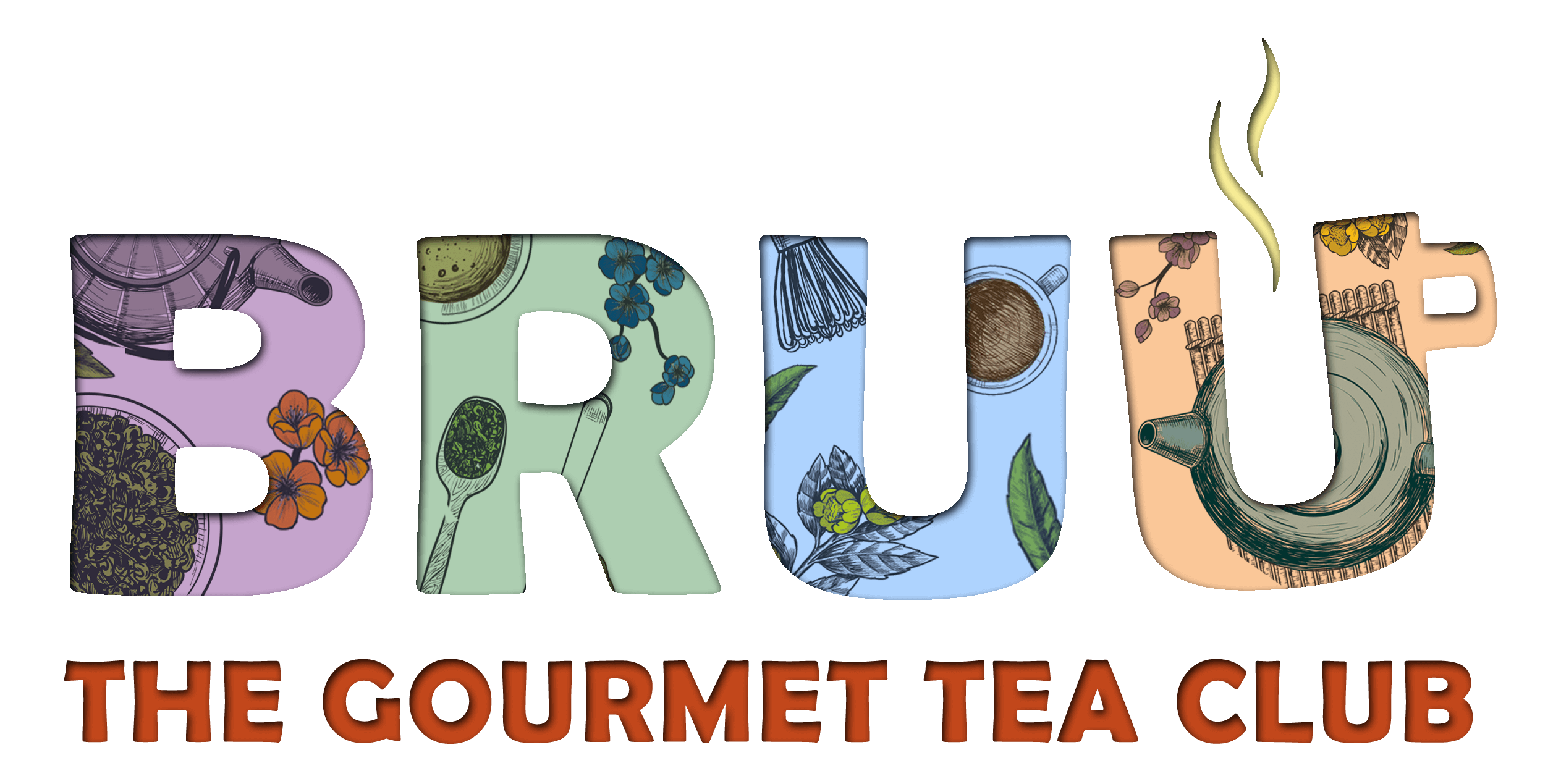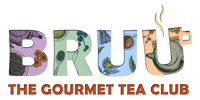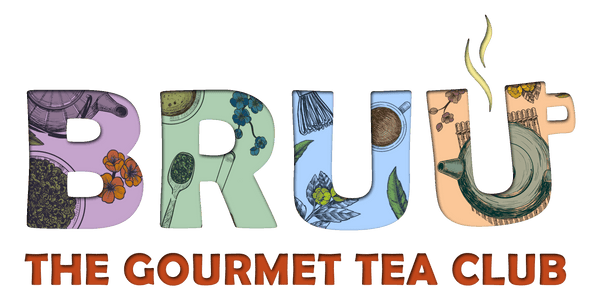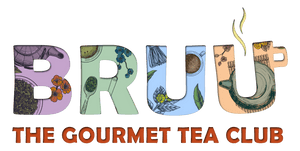BRUU Tea Test
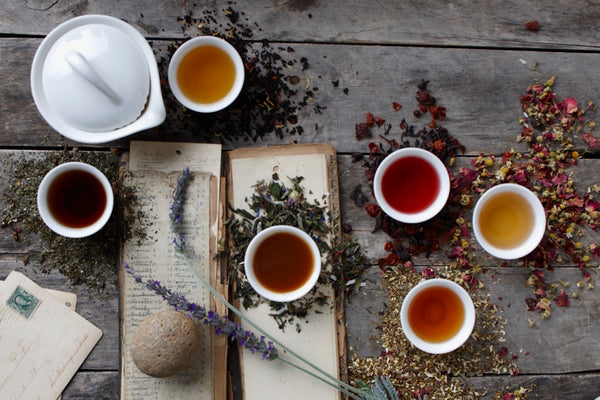
Over the last 15 weeks we've been teaching you all about tea with the hope of turning you into a tea expert. We'd now like to test you on what you've learnt and should you pass award you with a BRUU Certificate. It might not be a formal qualification but what you have learnt does follow more formal courses, so you should still be very proud.
If you are ready to take our test please answer all the question below and email your answers to hello@bruutea.co.uk. To get the accreditation you need to answer all questions correctly- tough cookies us!
We'll email certificates to those that have passed and enter you into a draw to win some goodies. Good luck...
Take the test ----------
1. How did Chinese emperor Shen Nung come to discover the art of drinking tea?
2. Which country brought tea to Europe in 1606 AD when the first ship load of tea was delivered to one of her major ports?
3. In 1908 a New York tea merchant started sending tea samples to clients in silk bags who presumed that the silk bags were actually for brewing like the metal infusers they would normally use. What was the name of this tea merchant?
4. Good quality loose tea has to go through five stages of harvesting starting with Handpicked then Withering. Can you name the next three stages?
5. What type of tea is produced when a Camellia Sinensis leaf has been 80% oxidised and is between a black and green in taste profile?
6. Name at least one advantage to drinking loose tea over using a tea bag.
7. What are the three main things to consider when brewing a perfect cup of loose tea?
8. There is a country that has, pound for pound, the biggest tea drinkers in the world and use a two stacked kettle called a "çaydanlık". Which country is this?
9. Which famous writer wrote "tea is one of the mainstays of civilisation in this country and causes violent disputes over how it should be made"?
10. As well as anti-oxidants tea also is a source of the minerals manganese, essential for bone growth and body development, and potassium. What is potassium vital for?
11. Which of your senses does your brain use to identify 90% of the flavour from your cup of tea?
12. What do you call the delicate tea leaves from the very first harvest that produce a light and flowery cup.
13. The biochemical, enzymatic activity during which oxygen is absorbed, and subsequently causes changes to, the host physical matter. What process of tea harvesting are we describing here?
14. What does the tea grading FOP stand for?
